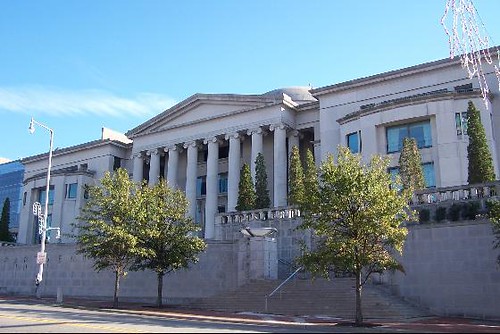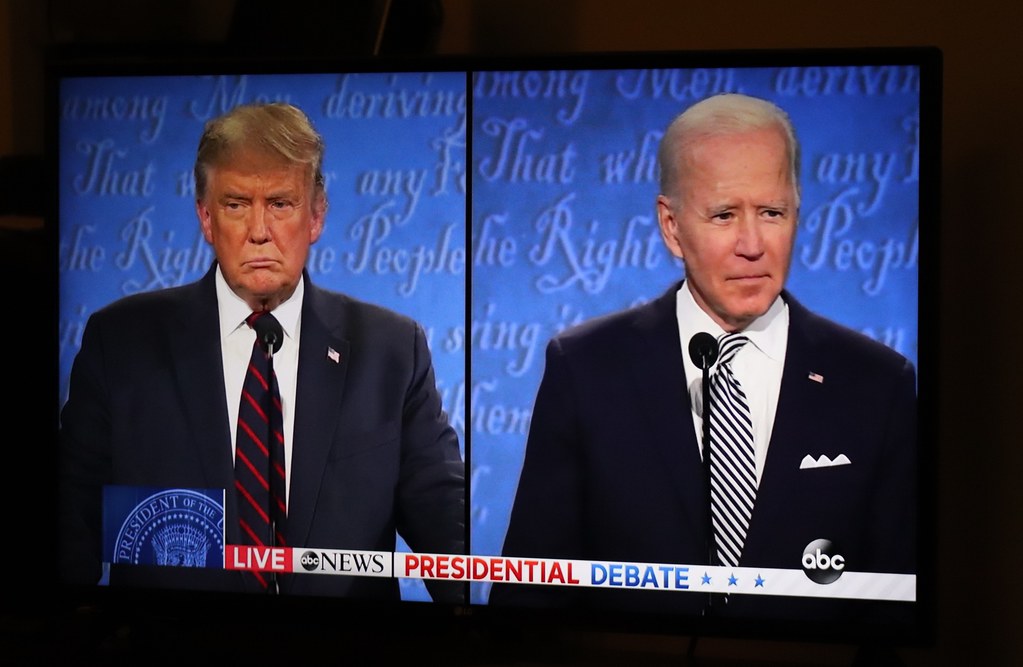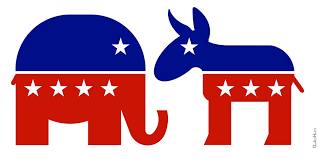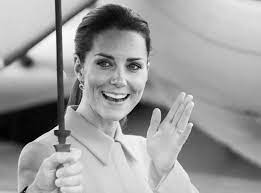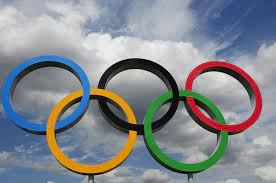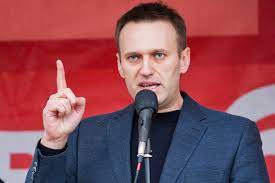
The death of Alexei Navalny shocked people around the world, throwing the country of Russia deeper into the spotlight. Alexei Navalny, described as “Putin’s biggest critic” by Newsweek, was an opposition leader, lawyer, anti-corruption activist, and political prisoner who, before his death, had been serving his 19-year prison sentence for charges of major fraud and contempt of court. Navalny was held in a penal colony above the Arctic Circle. Navalny died at the age of 47 on February 16, 2024, with Russian state-run news outlet RT claiming his cause of death was a blood clot.
In the weeks before his death, Navalny, through his lawyers, had been posting on social media, describing his optimistic mood despite being in a penal colony considered to be one of Russia’s harshest. The event of Navalny’s death prompted widespread protest against the Russian government, with most of the distaste being for sitting Russian President Vladimir Putin, who has been at the helm of Russian politics since 2012 when he was first elected as president.
Alexei Navalny is best known for his vocal critiques of corruption within Russia’s political and corporate spheres. Through his blog and social media platforms, he exposed numerous instances of embezzlement, fraud, and abuse of power, earning him both admiration and enemies within the Russian oligarchy. His investigations, often accompanied by witty and scathing commentary, resonated with a broad audience and catapulted him into the spotlight. In Russia’s 2018 Presidential Election, Navalny was the largest contender against incumbent President Vladimir Putin, announcing his run in 2016. This dream was crushed with a ban being placed, prohibiting Navalny from running for office.
Navalny’s activism did not go unnoticed by the Russian authorities. He faced legal challenges while also being the center of attention in poisoning attempts. In August 2020, according to the BBC, Navalny fell critically ill during a flight from Siberia to Moscow. Subsequent investigations by international authorities concluded that he had been poisoned with a nerve agent. Navalny, having survived the poisoning, returned to Russia in January 2021.
Shortly after his return, Navalny was arrested on charges of violating probation from a previous embezzlement conviction – a move widely condemned as politically motivated. His imprisonment led to widespread protests around Russia and drew international condemnation. Governments, human rights organizations, and world leaders called for his immediate release, emphasizing the need to safeguard the principles of democracy and human rights.According to Judge Margarita Kotova in a statement to AFP, “Navalny committed fraud- the theft of property by an organized group”.Navalny denied this charge, instead stating this punishment was for challenging President Putin.
On February 16, 2024, it was reported that Navalny felt unwell after a walk where, in a statement from the Russian prison service to Newsweek, he “ lost consciousness almost immediately” and died afterward. The medical workers assisting him say that all precautions and resuscitation measures were carried out, but they were unable to keep him alive. In the days leading up to his death, Navalny used social media to keep in touch with those who support him while also keeping in touch with his wife Yulia. On February 14, he posted on X, formerly known as Twitter, “Baby you and I have everything, just like in the song: airfield lights, blue snowstorms and thousands of kilometers between us. But I feel that you are near me every second, and I love you more and more.” Navalny’s post was to celebrate Valentine’s Day, serenading Yulia with a popular Soviet Era tune.
Hundreds of individuals, including Russians and others, gathered outside the Russian consulate in Belgrade, Serbia’s capital, to light candles and lay flowers. Over the past two years, tens of thousands of Russians have resettled in Serbia following Russia’s invasion of Ukraine. Similarly, in Tbilisi, Georgia’s capital, where a significant influx of Russians has occurred since the Ukrainian invasion, hundreds of people congregated, some brandishing signs declaring, “We refuse to forgive” and “Putin is a murderer” (The Guardian). A comparable demonstration drew around 300 participants in Batumi, Georgia’s third-largest city. Yerevan, Armenia’s capital, which experienced a substantial increase in Russian immigrants following the outbreak of the Ukrainian war, also witnessed protests.

